He’s already a Legend of Hawthorn, and on Monday night, John Kennedy Snr became the newest Legend of the Australian Football Hall of Fame.
Here’s a look back at what ‘Kanga’ was able to achieve during his incredible tenure in the brown and gold.
John Kennedy joined the Hawks ahead of the 1950 season at the age of 22.
Having grown up in the Camberwell area, Kennedy had spent the previous years of his life in the education system before, renowned for his football nous and toughness, he joined the club.
At the end of his first season with the Hawks, Kennedy won his first club best and fairest award after a campaign in which he made 18 appearances but failed to play in a win.
His first career win came early the following year. As the club’s fortunes slowly started to turn, Kennedy was simultaneously proving to become one of the stronger players in the competitions.
He again won the club’s best and fairest award in 1951 – a feat he would repeat twice more in 1952 and 1954.
Ahead of his sixth season at the Hawks, Kennedy was appointed captain of the club.
He continued to aid in Hawthorn’s growing respect across the league, leading the club into its first ever finals campaign in 1957.
A momentous occasion for the club having not played finals in its 32 years of existence, Hawthorn won its first semi-final over Carlton before bowing out to eventual premiers Melbourne in the preliminary final.
Kennedy continued to captain the club until the end of his career in 1959.
After 164 games for the Hawks, Kennedy decided to hang the boots up but, having shown promising signs as a coach-in-the-making, he was instantly appointed senior coach of the club in 1960, taking over the reins from Jack Hale.
He took little time to acclimatise to his new role, with the Hawks narrowly missing finals on account of percentage in his debut coaching year.
The following year, in 1961, the Hawks took an enormous leap to finish the home and away season as minor premiers.
Kennedy’s Commandos, as they had become known, overcame Melbourne in their first final to win straight through to the Grand Final.
Two weeks later, despite trailing Footscray at half-time, Kennedy led the club to its first premiership.
It completed the club’s incredible transformation that Kennedy had been such an integral part of over the past decade.
Despite again winning the minor premiership in 1963, the Hawks fell at the final hurdle on the big stage, surrendering the premiership to Geelong.
Following the loss, Kennedy stepped down from the coaching position.
Over the next three years, Hawthorn managed just 24 wins from 54 games.
To the joy of all Hawthorn fans, Kennedy was announced to be returning to the head coaching role as the club looked to be on the precipice of another period of struggle.
By 1971, the club was returned to the top of the mountain, defeating St Kilda in an epic Grand Final victory that helped to consolidate Kennedy’s claims as a coaching great.
Strong campaigns across the ensuing four seasons didn’t quite translate into a return to premiership success.
But in 1976, the club’s third consecutive finals series, Hawthorn rediscovered its groove.
Kennedy’s side overcame North Melbourne in its qualifying final, and, after defeating Carlton in the semi-final, set up an almighty clash against the Kangaroos in the Grand Final.
It was North Melbourne’s third Grand Final appearance in a row, led by the likes of club greats Malcolm Blight, Barry Cable and Keith Greig.
But Hawthorn was not intimidated and refused to allow North a chance at back-to-back premiership glory.
The Hawks led at every change to win Kennedy’s third flag as coach.
It would be his final game as coach of the club, a fitting farewell to a true stalwart of the club.
Kennedy’s influence on the club since this time has continued to be immense.
His son John Kennedy Jnr went on to play 241 games for the Hawks including four premierships, while his grandson Josh was also a Hawk for three years before becoming a champion player for the Swans.
Kennedy Snr was an inaugural induction into the Australian Football Hall of Fame in 1996.
He was named the coach of the club’s Team of the Century in 2001 before he was then inducted as the first Legend of Hawthorn’s Hall of Fame in 2003.


